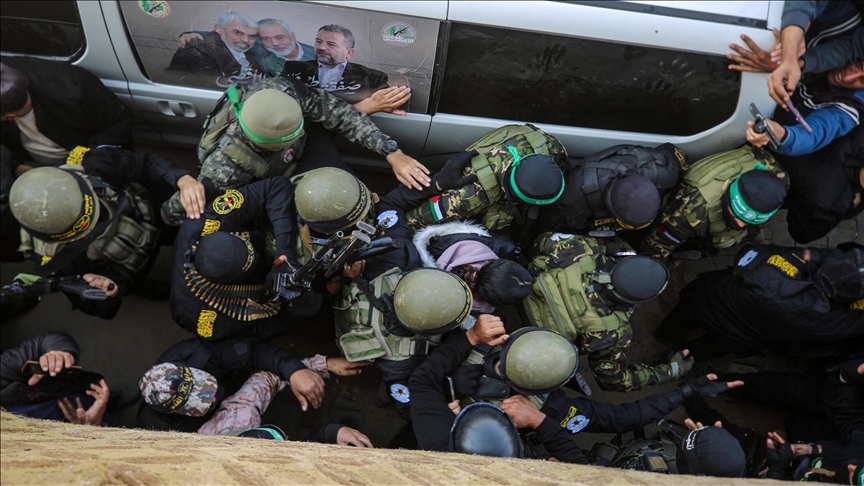Agam Berger Shares Experience of Jewish Traditions in Hamas Captivity
Berger's ability to observe Jewish traditions and holidays while in captivity gave her hope and strength, and her experience serves as a reminder of the importance of respecting the rights and dignity of all individuals, even in the most challenging circumstances, as Agam Berger's story continues to unfold, it sheds light on the complexities of the conflict and the need for a peaceful resolution.

Agam Berger, an Israeli soldier, has spoken about her 482 days in Hamas captivity, revealing that her captors allowed her to observe Jewish traditions and holidays, including Passover and Yom Kippur, giving her hope during her ordeal.
Berger, who was released as part of a prisoner swap deal between Israel and Hamas, recalled being initially terrified by IDF bombings but growing accustomed to them over time. She was moved around nearly every month to keep her location secret and was often held with Palestinian families. Despite limited resources, Berger and her fellow captive, Liri Albag, attempted to keep track of time and observe Jewish holidays, using makeshift items to create a holiday atmosphere.
Berger received two Jewish prayer books from unknown sources, which she used to practice her religious rituals. Although she was not allowed to take the prayer books with her when she was released, they provided her with comfort and strength during her captivity. Berger's experience contrasts with reports from many Palestinians released from Israeli jails, who have spoken of experiencing torture, ill-treatment, and deprivation of basic rights.
The release of Agam Berger and other captives is part of a broader prisoner swap deal that includes 33 Israeli hostages. A ceasefire deal has been in place in Gaza since January 19, following a devastating conflict that resulted in significant loss of life. Berger's story highlights the complexities of the conflict and the importance of respecting the rights and traditions of all individuals, regardless of their background or circumstances.